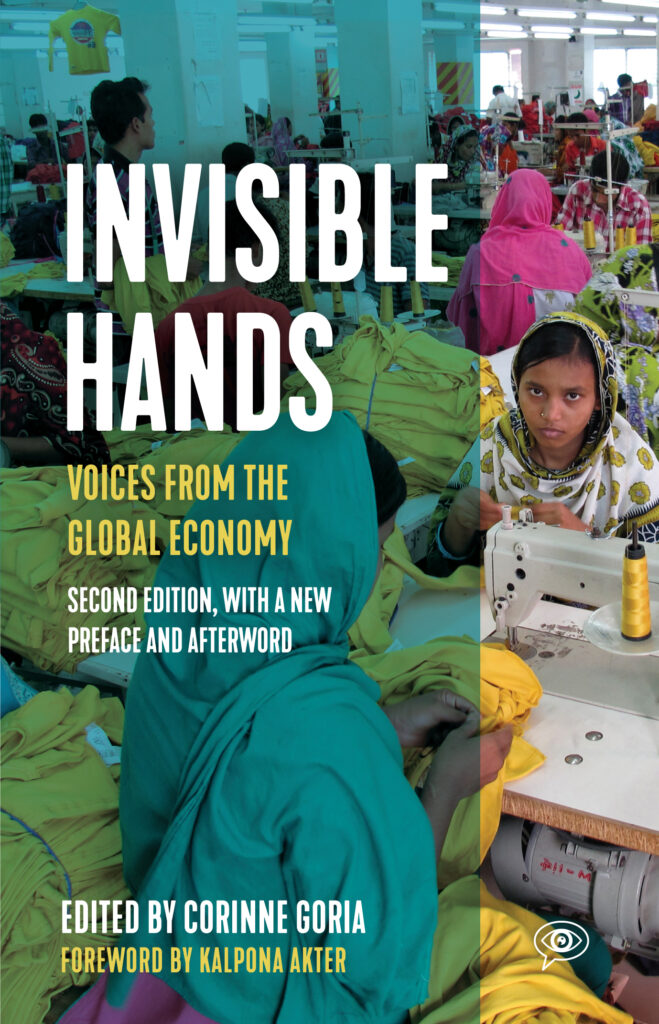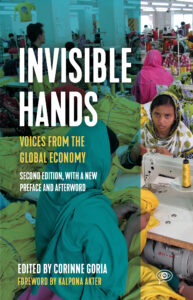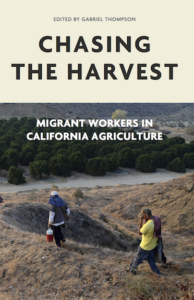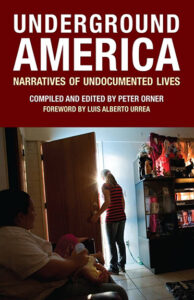The Voice of Witness book series amplifies the stories of people directly impacted by—and fighting against—injustice. We use an oral history methodology that combines ethics-driven practices, journalistic integrity, and an engaging, literary approach.
The books explore issues of inequity and human rights through the lens of personal narrative. Each project aims to disrupt harmful narratives by supporting historically marginalized or silenced communities to tell their own stories in their own words.
Book clubs are useful tools for engaging and interacting with these oral histories and the issues they highlight. Find our handout with guidance on planning and facilitating one here.
Use the questions below to start a book club for Invisible Hands: Voices From the Global Economy.

Discussion Questions:
- Kalpona and other women featured in Invisible Hands connect labor rights and gender inequality. Discuss several examples from the book and compare/contrast them.
- After being treated for carbon monoxide poisoning, Fausto’s primary concern was how he would provide for his family while in the hospital. What are some of the pressures he faced due to his documentation status and other factors? How do his employers take advantage of this?
- Neftali says that no one ever addressed the safety issues present in the tobacco fields, and that the workers never met the farmers they worked for and were “not supposed to talk to the farmers.” How do you think this dynamic impacts workers’ ability to advocate for
themselves? What could be done to address this? - Albert says that the mine did nothing to help him after he was shot and had to pay his own hospital bills. What responsibility do employers have in situations like this? How do you think this responsibility should be enforced?
- Clive says that the Bougainville Copper company came to the island “by force.” What are the social, economic, and political implications of companies operating in this way? What are some of ways in which companies exert power in situations like this?
- Terri describes Boron as a “scrappy little town.” Where does the town’s culture of resilience spring from? Has the union’s presence in Boron helped shape this culture? If so, how?
- Hye-Kyeong’s mother attributes a lot of the difficulties they had trying to get worker’s compensation to the power which Samsung has in South Korea. What are the ramifications of a government’s allegiance to “those with money and power”?
- Based on the narratives you’ve read in the book, how do you think globalization has impacted worker’s rights and labor conditions internationally? Has reading the personal stories of workers impacted your position on these issues? If so, how?
- In what specific ways have the stories in Invisible Hands altered or expanded your understanding of the global economy? Were there any recurring themes or ideas that stood out to you throughout your reading? Did anything surprise or challenge you?



